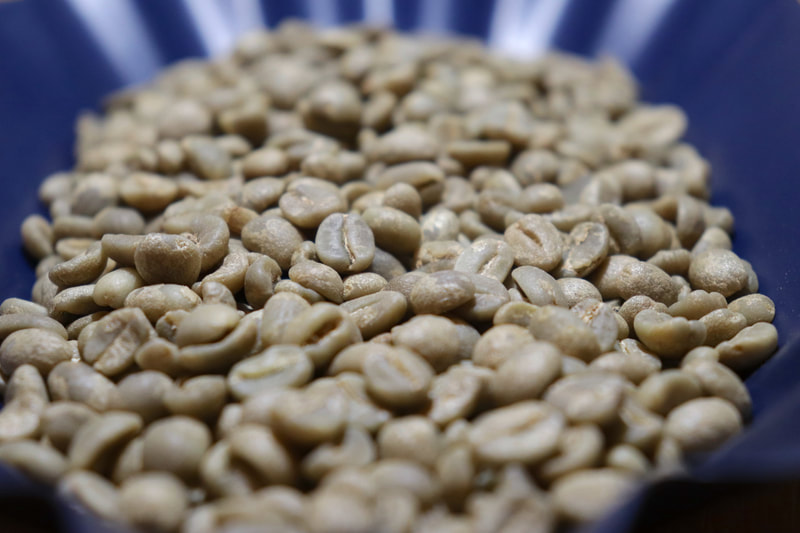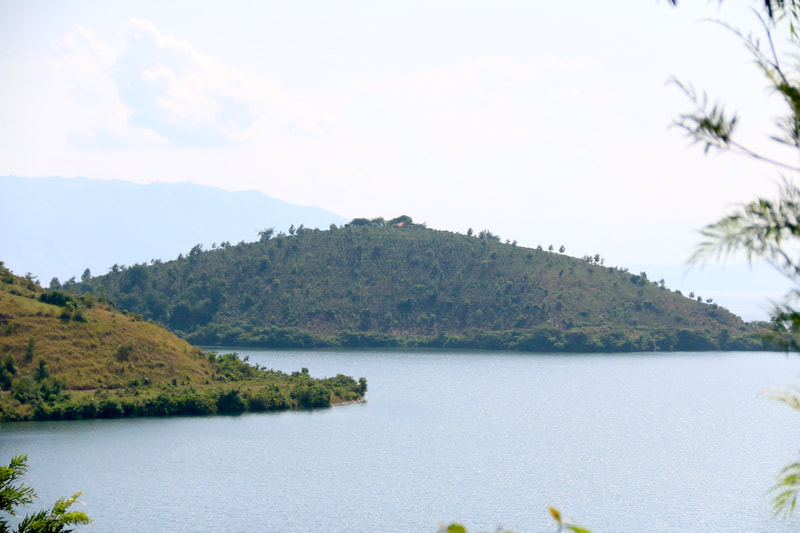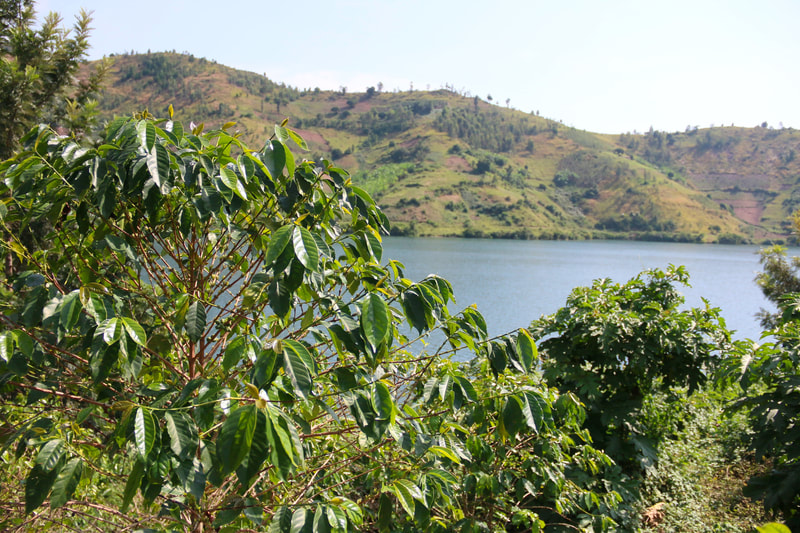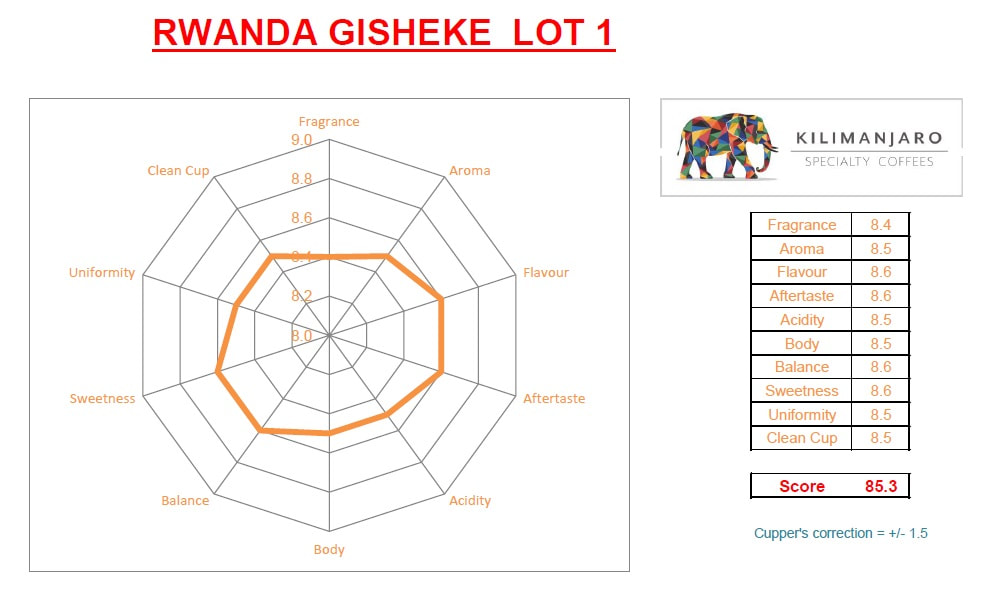RWANDA GISHEKE LOT 1
General Information
|
Origin: Rwanda
Region: Western Province District: Nyamasheke Washing Station: Gisheke Farmers: 628 active members Cultivar: 100% Red Bourbon Altitude: 1650 - 1850 masl Process: Fully washed with double fermentation Harvest: April - June 2020 USD per Kg of Cherry: 0.33 USD/Kg Screen | Moisture | Density: 15+ | 9.97 | 0.697 g/ml Packaging: 60 Kg + GrainPro Score: 85+ Notes: Orange, dark chocolate, floral, cloves Ikawa profile: KSC basic profile 50g #2 (v.3) |
|
HAND SORTING THE POTATO DEFECT
GISHEKE cws LOCATION
|
WHERE WE ARE
Barcelona, Spain Santiago, Chile Budapest, Hungary |





